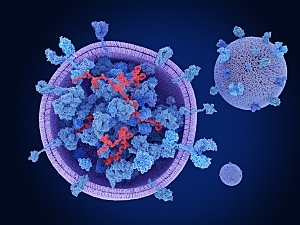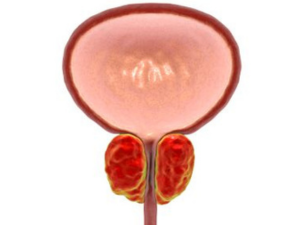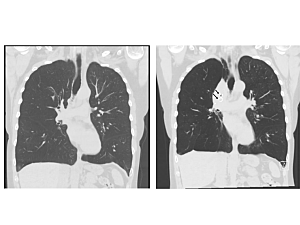In October, The New England Journal of Medicine published a case vignette focusing on a 61-year-old man with prostate cancer. Two physicians—Anthony Victor D’Amico, MD, PhD, chief of Genitourinary Radiation Oncology at Dana-Farber Brigham Cancer Center, and Freddie Hamdy, FRCS(Urol.), FMedSci, of the Nuffield Department of Surgical Sciences at the University of Oxford—present evidence on the appropriate clinical care approach. NEJM readers can cast their vote on which direction they would take based on the two essays. Read More









